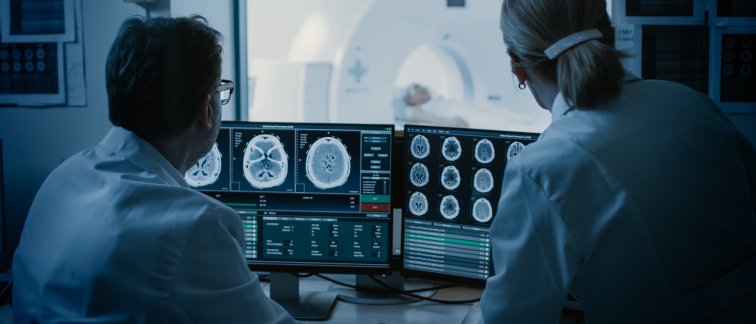“We do see differences in functional brain connections in patients with major depression. But the differences with healthy people are much smaller than the differences between patients with depression,” notes Professor of Neuroimaging in Psychiatry, Guido van Wingen.
The World Health Organisation estimates that up to 5% of people suffer from depression, a number that is increasing each year. Through the use of Artificial Intelligence (AI), it was believed that the ability to diagnose depression could have been improved. Previously, small-scale research had shown that MRI-scans could recognize 'biomarkers' for depression. But, prior to this study, it was unclear whether the biomarkers could also be used to diagnose depression. Unfortunately, this is not the case.
Brain Activity
The researchers used the two largest MRI datasets, concerning depression, and amassed data on a total of 3377 patients. They used artificial intelligence to compare the resting brain activity of people with depression with those of healthy people. The researchers found differences between the brain connections of those with depression and healthy people. However, they also found that these differences are so small that larger differences can be found in a group of healthy individuals.
Future Role of MRI
Based on these MRI scans, AI is then unable to make a clear distinction between healthy people and people with depression and, thus, unable to make a valid diagnosis. However, MRI scans are still valuable in the treatment of depression. Previous research from Amsterdam UMC has shown that there are promising signs that MRI may be able to indicate which treatment is working, however this is not yet ready to be clinically applied. "MRI's ability to make a good distinction between those who do or do not respond to treatment, means that MRI seems more suitable as an aid in the choice of treatment than for diagnosis," says van Wingen.
Exception
The researchers did see that one brain region, the thalamus, has stronger brain connections in people with depression. These stronger connections, according to the researchers, are a neurophysiological hallmark of depression that may lead the development of new biomarkers.
Photography: Adobe Stock

